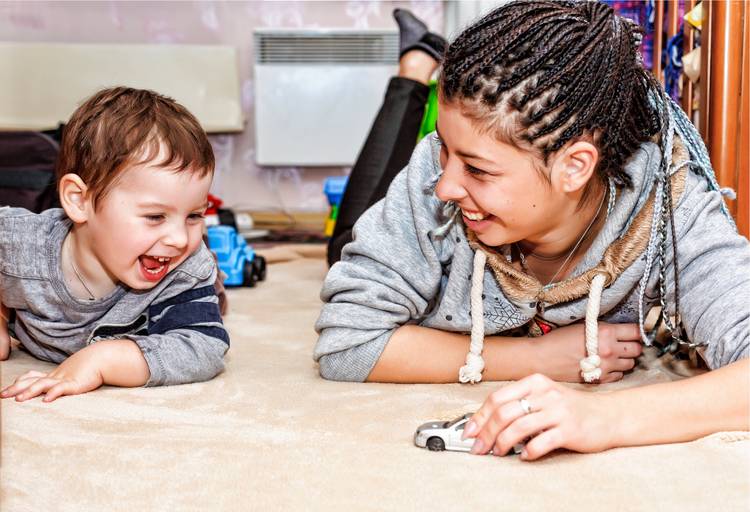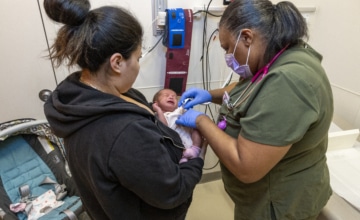Nebraska’s Early Learning Guidelines place emphasis on early relationships and social-emotional development during the first three years of a child’s life.
The guidelines were developed to provide information about: what to expect in the development and learning of young children from the time they are born to age 3; and what adults can do to provide experiences and environments that support learning across developmental domains. It is intended as a resource for teachers, caregivers, family members, and other adults to assist in the development of positive relationships with infants and toddlers and to plan meaningful learning experiences.
The state’s birth to three Early Learning Guidelines are only one part of Nebraska’s commitment to social-emotional development. The state of Nebraska recognizes that when babies and young children feel emotionally and physically secure, they have the opportunity to freely explore their environment. Within the guidelines are widely held expectations followed by examples so that professionals in the field have specific resources to compare personal experiences to.
The Early Learning Guidelines address seven domains of development and learning:
- Social and emotional development
- Approaches to learning
- Health and physical development
- Language and literacy
- Mathematics
- Science
- Creative arts
Each domain contains information specific to the development of skills and knowledge in that area and is broken down into different categories – one for infants and one for toddlers. The guidelines pay attention to supporting including learning environments.
Reviewed May 2018.




